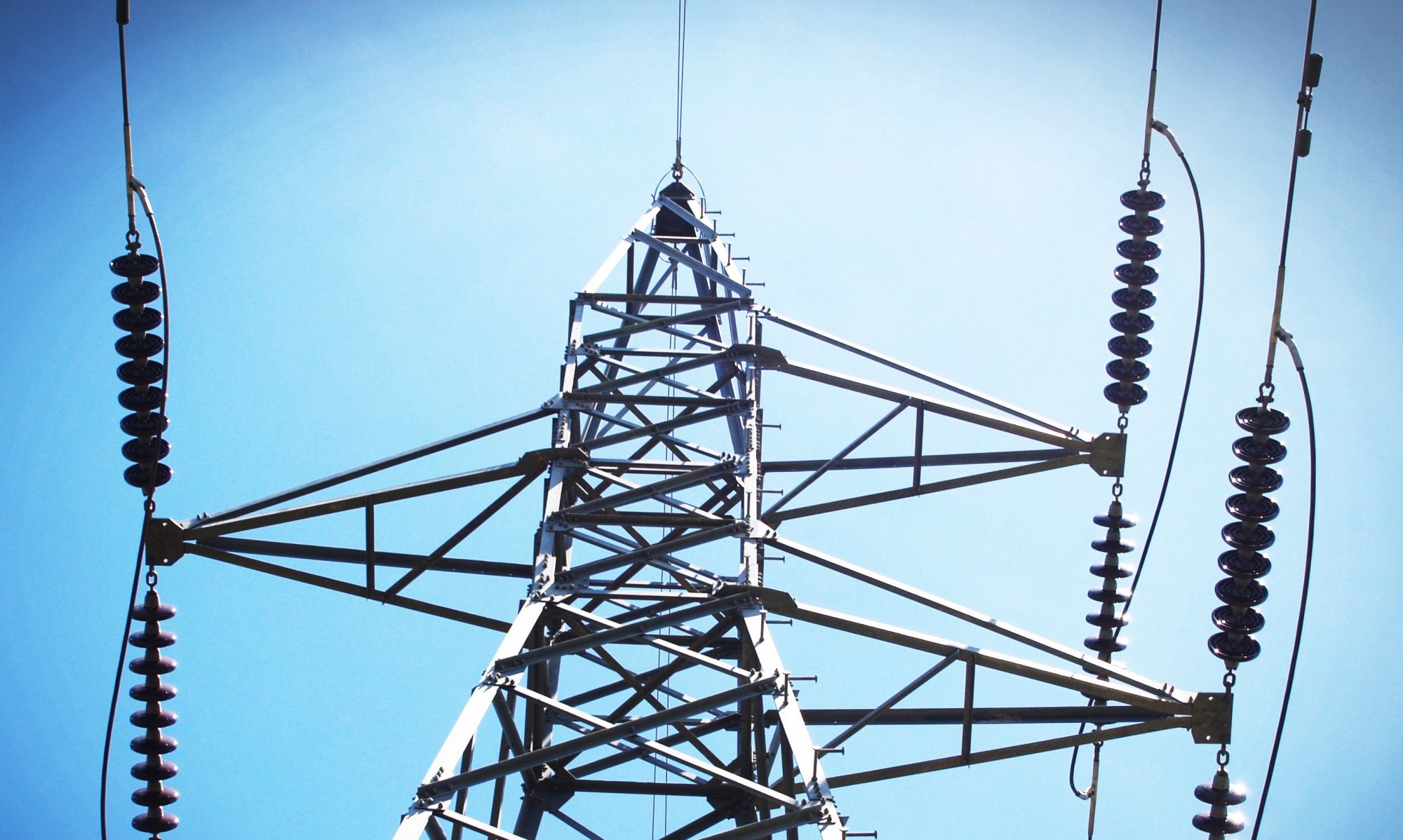Figuring out how solar panels can save you money is not rocket science. After all, aside from being extremely good for the environment compared to other energy sources, solar energy is basically a free energy generation method, meaning you don’t need to create an energy exchange to get electricity, since there’s one already at hand – the sun bombarding the earth with solar rays.
But how is it that you can save money with solar power, when the installation itself can cost well over $10,000? Surprisingly, you’ll find you can get that whole amount back quite easily and gain the benefit of having a sustainable energy source for decades to come.
Save Money with Solar
One of the greatest things about solar panels is that they generate their own electricity without you having to buy any kinds of supplies or fuels that would cost additional money. In that respect, a solar array is much better than a backup generator, and modern day solar arrays even have highly efficient battery-based energy storage systems that can store power when you don’t use it and provide it even at night, when there is no sun.
Depending on the size of the solar installation you own and the amount of sun exposure it gets every day, you can be looking at thousands of dollars saved per year. In some cases, you can even get all your energy from solar power, so you no longer have to pay your electric bill at all.
Sun Exposure
While imagining how solar panels can save you money, it’s also clear that the amount of sun exposure you have in your area will play an important role. Depending on where you live, the sun will be out for a longer period of time on average each year. So, if you plan to move to a new area and install a solar panel array, make sure you check the average number of sunny days and precipitation days in that region.
Places like California, Arizona and Florida get the most amount of sunlight per year, while living somewhere in the north or where the weather can be unpredictable might not be the best option for installing solar panels.

Tax Benefits
The government loves it when people use solar energy. As a result, there are a lot of tax incentives involved that you can benefit from as soon as you decide to have your first solar array installed. Check on the cost of solar panels in Denver to see the savings benefits obtained.
A good example is the residential tax credit, which allows taxpayers to claim about 30% of the installation costs for solar array installations. That percentage will decrease to 26% by 2020, and is expected to decrease even more as the years go by. Additional tax benefits also apply depending on the region in which you live.
Give Back to the Grid
When it comes to saving money with solar installations, you can go one step further than you could with any other energy generation method. With solar arrays, the power generation process is continuous, meaning you get free electricity converted from the energy given by the sun on a regular basis.
If you go away for a while and don’t use that energy, what happens is that it feeds back into the grid, and the electric company will actually pay you for the extra energy you offer. So that is a potential source of money that you can tap into just by owning a solar panel array.
